Come sappiamo già roBOt 07 ci ha riservato parecchie sorprese! Una di queste è stata l’opportunità di intervistare un BIG della poesia internazionale, nonché direttore del collettivo Vidéographe. I suoi screenings sono stati un’esplosione di colori ed emozioni e per chi se li fosse persi, vi pubblichiamo qualche frame dei 5 corti selezionati per il Festival, sotto l’attenta cura di Elisa Trento.
Ladies and gentlemen, ecco a voi Fortner Anderson!
Sei un poeta famoso in tutto il mondo. Com’è nata la tua passione per la poesia? E più tardi, come l’hai trasformata nel tuo lavoro?
Ho iniziato ad esibirmi in locali punk a Montreal nei primi anni 1980 con un gruppo chiamato The Punkatariat. Eravamo interessati al movimento anti-psichiatria e Marx e Sex Pistols, così il nome sembrava appropriato. Abbiamo eseguito i nostri poemi nei club prima che le folle di punk arrabbiati che ci volessero giù dal palco il più rapidamente possibile, in modo da dare spazio all’evento principale della serata. Gli abbiamo gridato e urlato i nostri versi e loro ci hanno sputato la birra addosso e lanciato le loro bottiglie.
Il mio lavoro attuale è di solito molto più tranquillo, perlopiù coinvolge lunghe ore di incontri e proposte di scrittura. Un progetto che è venuto fuori da quel lavoro, è quello degli 8 video trovato a www.videopoeme.com. Stiamo anche dando gli ultimi ritocchi su un festival di video poetry che avrà luogo durante la primavera del 2015. Cercheremo partecipazioni internazionali, quindi vi terrò informati dei nostri progressi.
Abbiamo letto del “Very Large Montreal Project” e lo troviamo molto interessante: puoi dirci qualcosa a riguardo?
Il Very Large Montreal Project è stato il mio tentativo di creare una possibile collaborazione letteraria on-line. Come la maggior parte dei miei ultimi progetti, è abbastanza complesso. Prima c’è stato il sito che ha permesso al pubblico di leggere e modificare il mio lavoro, poi ho scritto e caricato una poesia al giorno per il periodo di un anno. Queste poesie sono state poi modificate e durante la primavera del 2015, saranno presentate in una serie di letture di 12 ore, contemporaneamente alla pubblicazione di un libro.
Per una serie di motivi, il tentativo del progetto di scrittura collaborativa è stato un completo fallimento. Tuttavia, il progetto del libro e l’evento di lettura estrema sono molto emozionanti.
Nel 2002 hai aperto il Festival Internazionale di Poesia di Genova. Com’è stato?
È stato straordinario. Genova è una bellissima città e mi manca ogni volta in cui ci penso, soprattutto le strette vie della città vecchia. E il cibo, naturalmente, e il mare e la musica.
Per il festival, Claudio Pozzani, il regista, ha riunito una serie di eccellenti poeti. Era lì che ho visto Wolf Biermann e Joy Harjo di persona per la prima volta, così come John Giorno. Ero stato anche così fortunato da sentire la musica di Max Manfredi, che ho apprezzato moltissimo.
Sei stato un paio di volte qui in Italia per rappresentare il mondo della poesia e la scena video indipendente. Cosa ne pensi della poesia/video arte italiane? Ci sono molte differenze tra l’Italia e il Canada?
In Canada il finanziamento delle arti è ancora notevole, il che sostiene i risultati di una scena artistica molto attiva, in tutte le discipline. In particolare, a Montreal siamo molto fortunati ad avere un certo numero di piccoli club dove, la nuova musica e poesia, possono essere presentate. Jazz, elettro-acustica, rumore e poesia si dividono il palco in questi club e ciò ha contribuito a costruire un pubblico forte per tutto questo lavoro.
Questi piccoli club sono terribilmente importante nell’ecologia, perché permettono agli artisti di sviluppare le loro competenze e il loro materiale, mentre si guadagnano fiducia e capacità.
La scena Poetry Slam è anche molto attiva a Montreal, e anche se io non partecipo al concorso, il loro pubblico sono forti e interessato al lavoro.
Allo stesso modo nella scena della video arte. Gli artisti del Quebec sono molto fortunati ad avere governi ai quali rivolgersi per il finanziamento. L’esistenza di un forte settore di produzione cinematografica privata, sia francese che inglese, aiuta anche gli artisti a pagare i conti tra le commissioni.
Sei il direttore del collettivo Vidéographe: raccontaci com’è nato il vostro bellissimo rapporto.
Vidéographe ha più di 40 anni. È diventata una piccola ma importante istituzione nel Quebec. Come immigrato nel Quebec, sono molto grato per l’opportunità che ho di lavorare per Vidéographe, aiutando gli artisti del centro a creare e distribuire il loro lavoro. Lavorare con gli artisti è sempre una sfida, in quanto si sforzano di creare nuovi significati e sensazioni, spesso con poche risorse, ma quando ci si unisce in un lavoro di successo, il risultato è abbastanza soddisfacente.
E come hai sviluppato il tuo rapporto con Kinodromo?
Il designer dei miei progetti editoriali, Fabrizio Gilardino, mi ha messo in contatto con Andrea Martignoni in quanto stavamo cercando di mettere insieme un tour europeo di lavoro nel catalogo di Vidéographe. A sua volta Andrea mi ha messo in contatto con Niccolò Manzolini e le persone di Kinodromo. Dopo l’evento al Instant Vidéo l’anno scorso, ho potuto visitare Kinodromo e sono rimasto estremamente colpito dalla dedizione del gruppo. La loro felice lotta nel proteggere e promuovere la loro cultura cinematografica, dovrebbe essere un modello per tutti noi. Spero che potremo continuare il nostro rapporto e che riesca a visitare Bologna una seconda volta.
Raccontaci qualcosa di PARC, il laboratorio interattivo di ricerca e creazione di nuovi media; e Vitheque la piattaforma online che promuove i tuoi video.
Vitheque è la piattaforma on-line di Vidéographe che ospita tutto il suo catalogo 1600 video. Invito la gente a visitare il sito www.vitheque.com, dove possono visualizzare stralci dei video senza nessun costo. I professionisti possono accedere alla collezione mettendosi in contatto direttamente con noi.
Videographe presenta 5 corti durante roBOt. Puoi rivelarci qualcosa?
Videographe acquisisce una vasta gamma di video indipendenti per la distribuzione. Questi corti sono una bella selezione delle nostre ultime acquisizioni di video animati e sperimentali. Spero che vi piacciano. Uno dei miei preferiti è il lavoro di Eric Gaucher per la sua composizione iper complessa.
// // //
You are a world famous poet. How was your passion for poetry born? And lately, how did you transform it into your job?
I began performing poetry in punk clubs in Montreal in the early 1980’s with a group called The Punkatariat. We were interested in the anti-psychiatry movement and Marx and the Sex Pistols, so the name seemed appropriate. We performed our poems in clubs before crowds of angry punks who wanted us off stage as quickly as possible so the main act could perform. We shouted and screamed our verses at them and they spat their beer and threw their bottles at us.
My current job is usually much quieter, mostly involving long hours of meetings and writing proposals. One project which came out of that work, was the 8 videos found at www.videopoeme.com. We’re also putting the final touches on a video poetry festival for the spring of 2015. We’ll be looking for international submissions, so I’ll keep you informed of our progress.
We read about the “very large Montreal Project” and we find it very interesting: can you tell us something about it?
The Very Large Montreal Poetry Project was my attempt to make possible an online collaborative literary creation. Like most of my recent projects it is quite complex. First there was the website which allowed the public to read and modify my work, then I wrote and uploaded a poem a day for the period of one year. These poems were then edited and in the spring of 2015, they will be presented in a series of 12-hour readings in parallel with the publication of a book.
For a number of reasons, the attempt at the collaborative writing project was a complete failure. However, the book project and the extreme reading event are quite exciting.
In 2002 you opened the Genoa International Poetry festival. How was it?
It was extraordinary. Genoa is a beautiful city and I miss it whenever think of it especially the narrow streets of the old city. And the food, of course, and the sea and the music.
For the festival, Claudio Pozzani, the director, brought together a number of excellent poets. It was there I saw Wolf Biermann and Joy Harjo in person for the first time, as well as John Giorno. I was also lucky enough to get to hear the music of Max Manfredi, which I enjoyed tremendously.
You have been a few times here in Italy representing the poetry world and the indipendent video scene. What do you think about the Italian poetry/video art scenes? Are there many differences between Italy and Canada?
In Canada the funding of the arts is still substantial, and that support results in a very active art scene, in all disciplines. In particular, in Montreal we are very lucky to have a number of small clubs where new music and poetry can be presented. Jazz, electro-acoustic, noise and poetry share the stage in these clubs, and that has helped build a strong audience for all this work.
These small clubs are terribly important in the ecology, because they allow artists to develope their skills and their material, as they gain confidence and abilities.
The poetry slam scene is also very active in Montreal, and though I do not participate in the competition, their audiences are strong and interested in the work.
Similarly in the video art scene. Quebec artists are very fortunate to have several governements to turn to for funding. The existence of a strong private film production sector in both French and English, also helps artists pay the bills between commissions.
You are the director of Videographe collective: tell us how your beautiful relationship was born.
Vidéographe is over 40 years old. It has become a small but important Quebec institution. As an Quebec immigrant, I’m very grateful for the opportunity to work for Vidéographe, and help the artists at the centre create and distribute their work. Working with artists is always a challenge, as they strive to create new meanings and sensations, often with few ressources, but when it comes together into a successful work, it is quite satisfying
And how did you develop your relationship with Kinodromo?
The designer of my book projects, Fabrizio Gilardino, put me in contact with Andrea Martignoni as we were trying to put together a European tour of work in Vidéographe’s catalogue. In turn, Andrea put me in touch with Niccolò Manzolini and the people at Kinodromo. After the event at Instant Vidéo last year, I was able to visit Kinodromo and was extremely impressed by the dedication of the group. Their successful struggle to protect and promote their cinematic culture, should be a model for us all. I’m hoping we can continue our relationship, and that I’m able to visit Bologna a second time.
Tell us something about PARC, the interactive lab of research and creation of new medias; and Vitheque, the online platform which promotes your videos.
Vitheque is Vidéographe’s on-line platforme which houses the whole of its catalogue of closet of 1600 videos. I invite people to visit the site at www.vitheque.com, where they may view excerpts of the videos without charge. Professionals may gain access to the collection by getting in touch with us directly.
Videographe is presenting 5 shorts during roBOt. Can you reveal us something?
Videographe acquires a wide range of independent video for distribution. These shorts are a nice selection of our latest acquistitions of animated and experimental work. I hope you enjoy them. A particular favorite of mine is the work of Eric Gaucher for its hyper complex compositing.


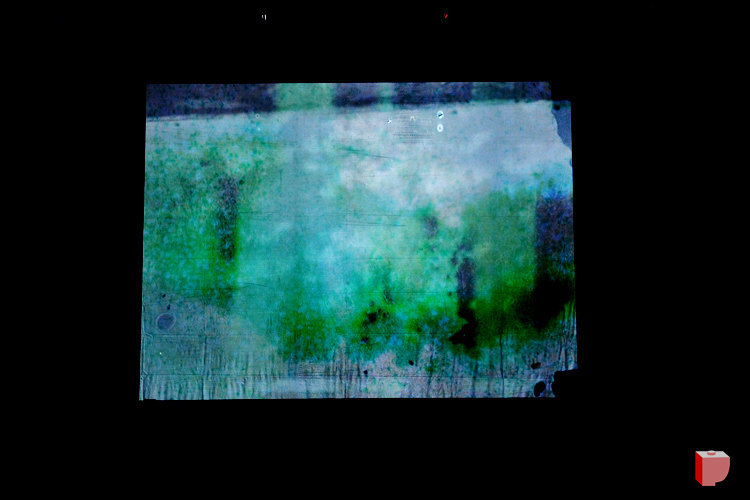






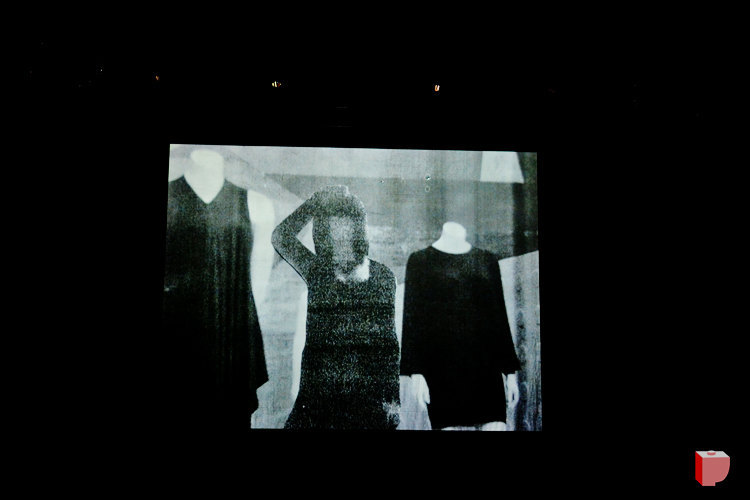
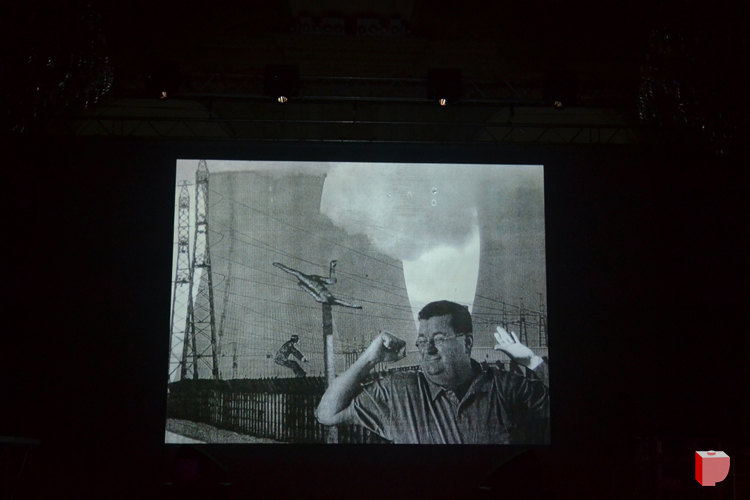
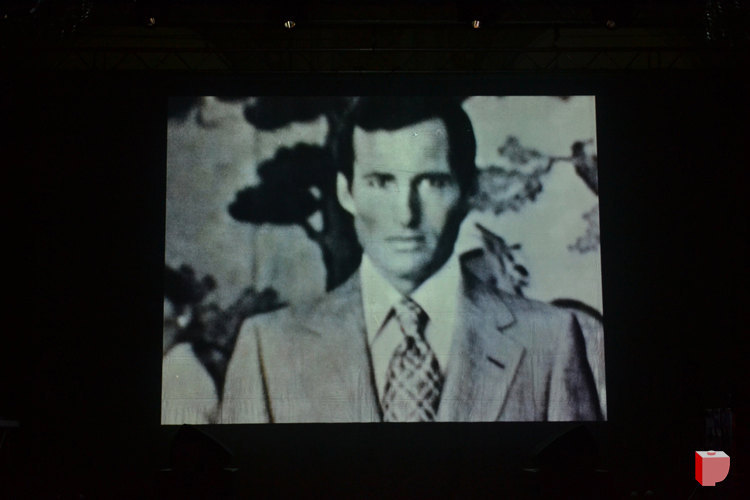
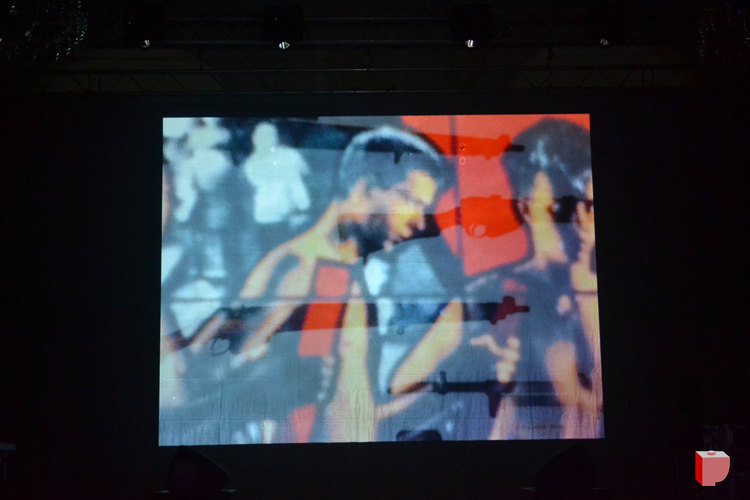

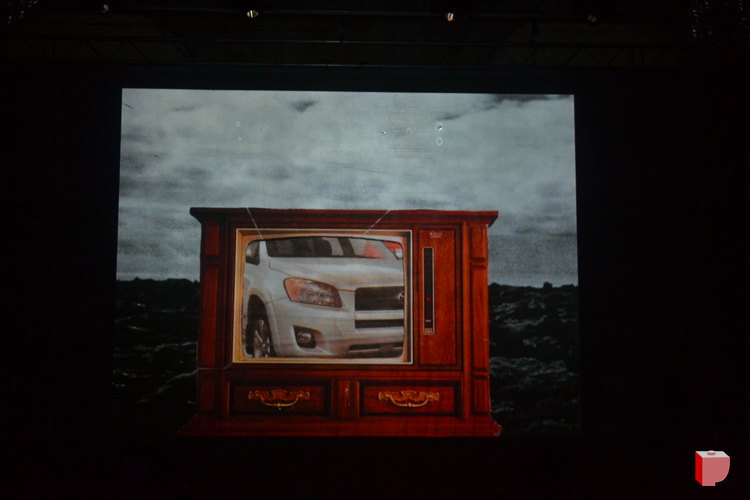
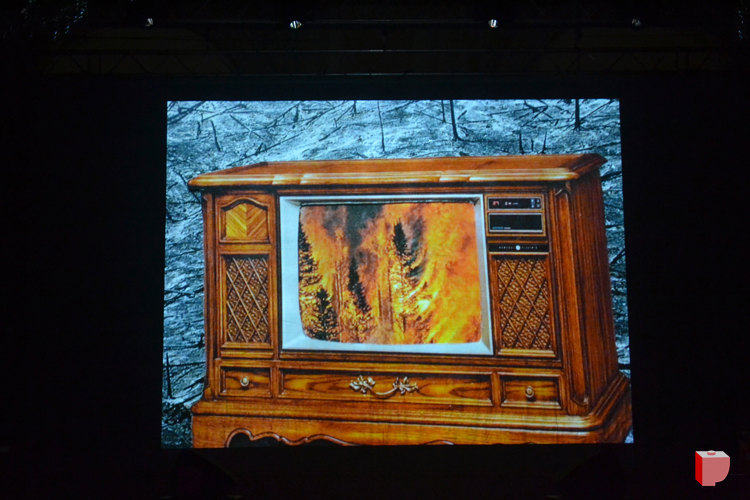
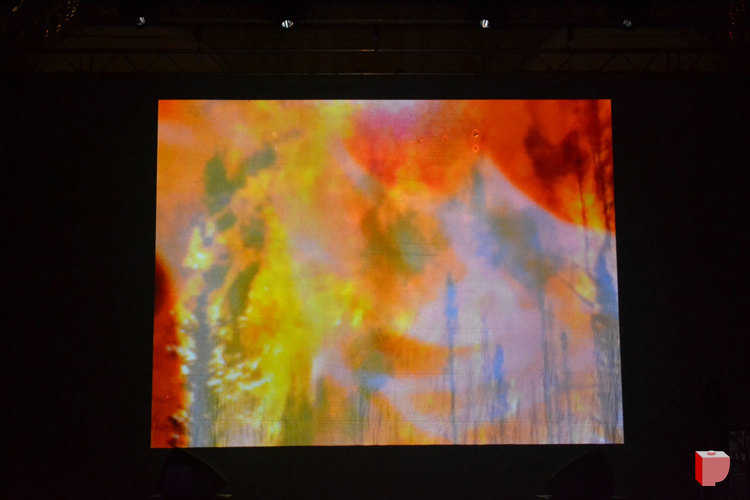
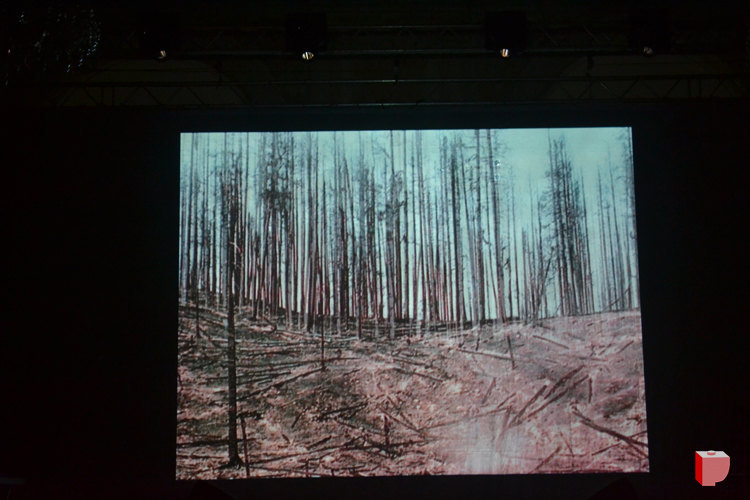

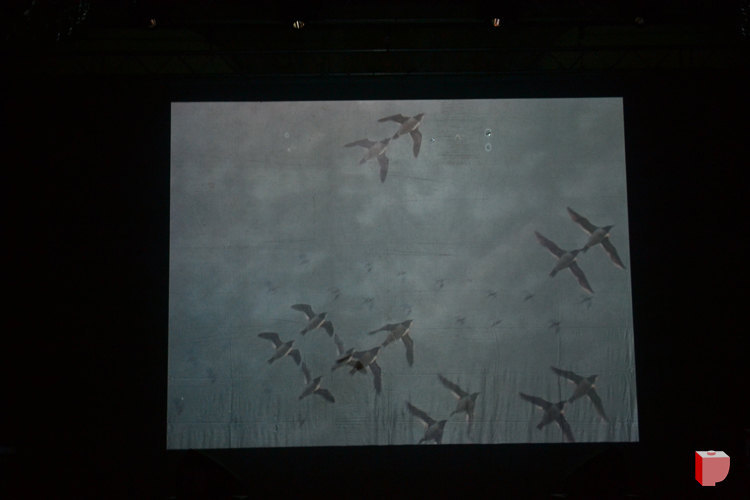
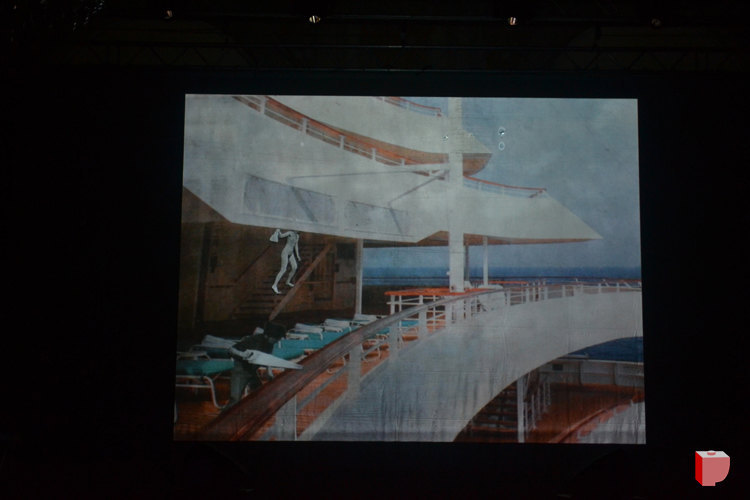
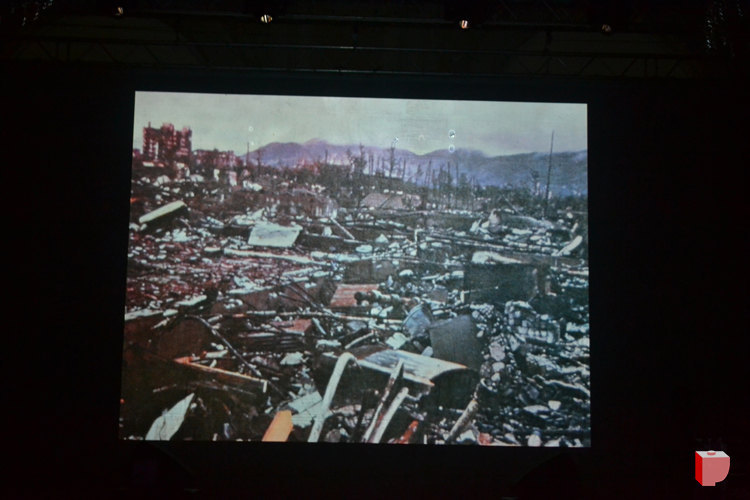
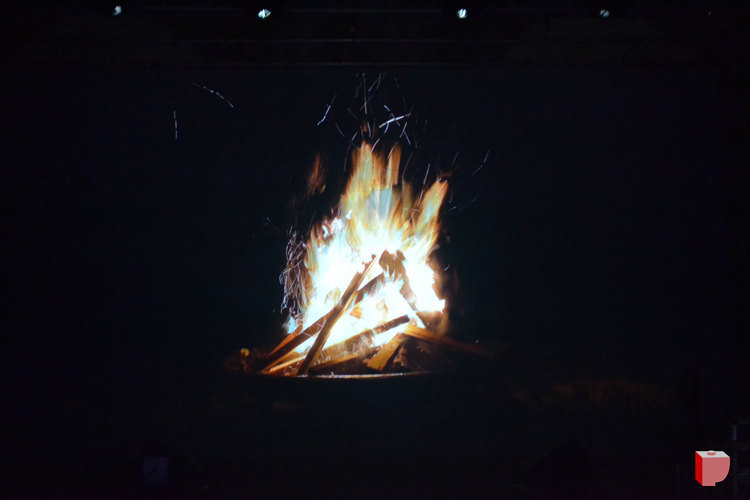
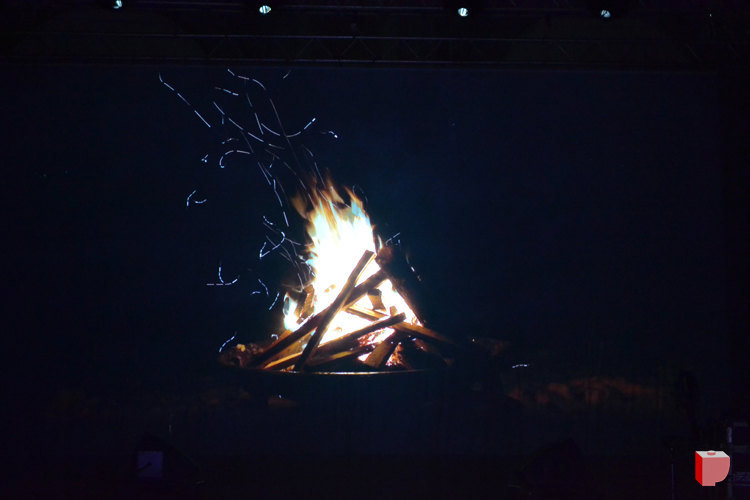


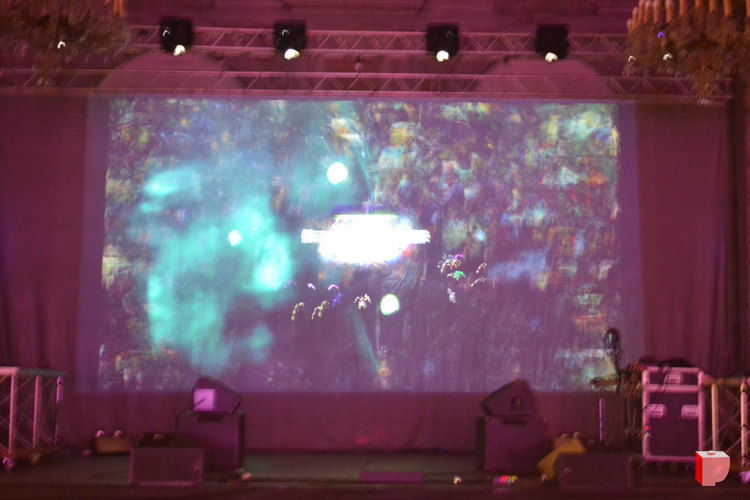

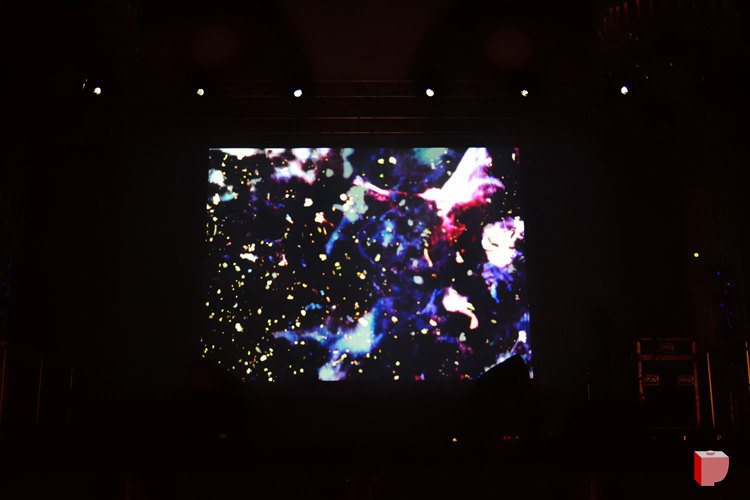
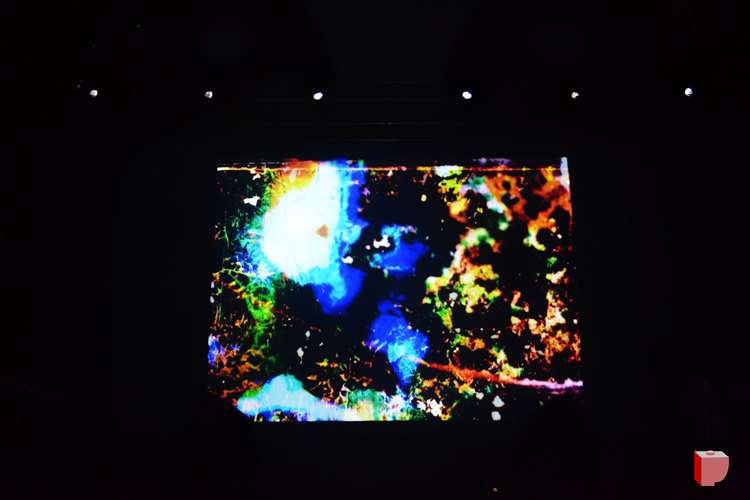

Partecipa alla conversazione!